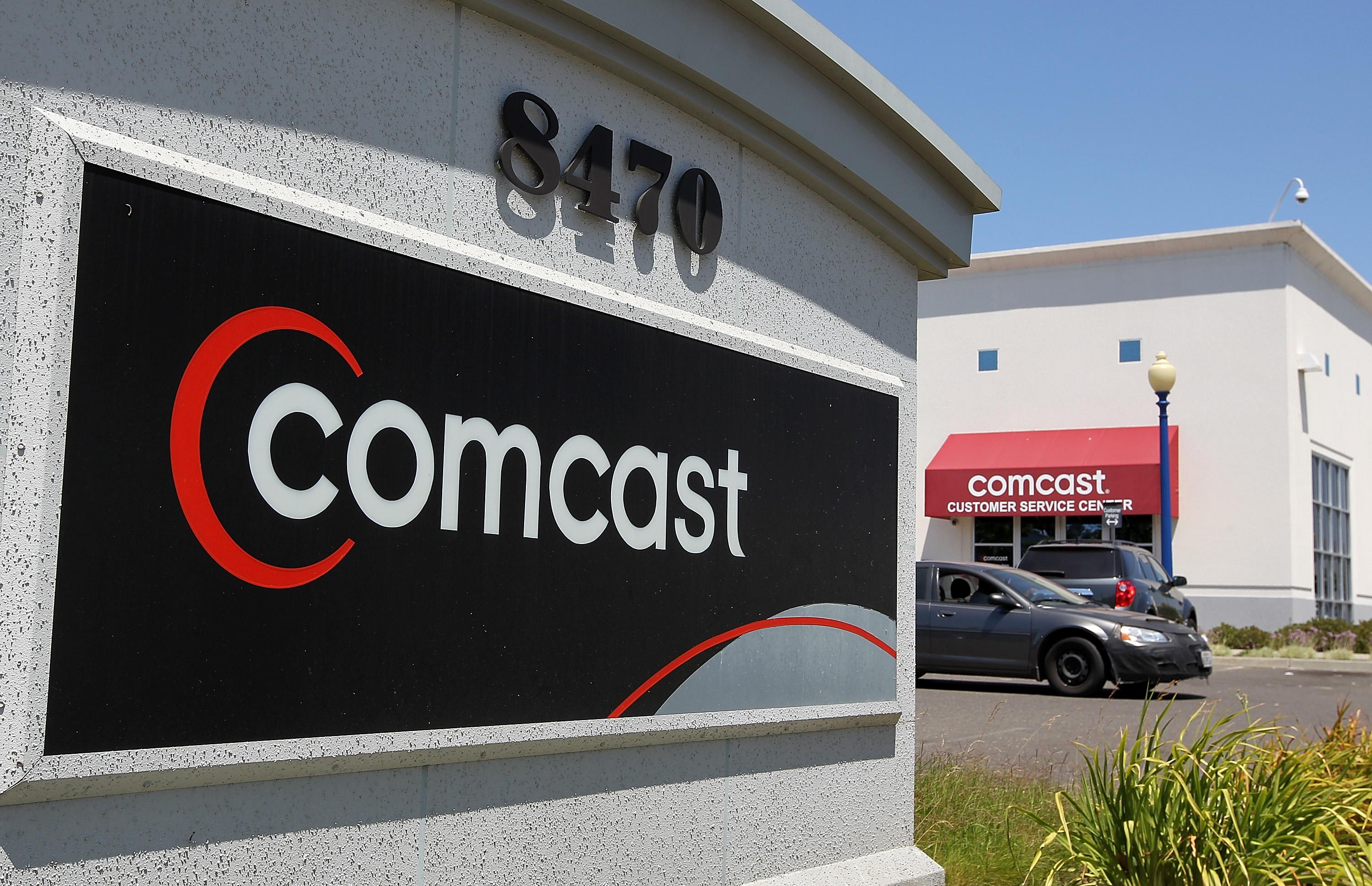The news broke last night that America’s No. 1 cable provider, Comcast, is going to buy the No. 2 cable provider, Time Warner, in a $45 billion all-stock deal. Everyone’s first reaction is naturally to roll their eyes at the competition implications of the two biggest players in a not-so-competitive field merging.
But Comcast is aware of this. They say that as part of the merger they will divest themselves of 3 million out of Time Warner’s existing 11 million subscribing households. Thus the merged entity will serve about 30 million households, and there will be no direct elimination of competition.
The main thing that divestment plan should remind you of is that merger or no merger, cable television competition has proven to be largely a mirage. On a practical level, cable TV looks a lot like local telephone service in the old days. Sure there were a bunch of different companies—Pacific Bell, NYNEX, Bell Atlantic—but they didn’t actually compete with each other, they just divvied up the country.* The merger proposed here will in effect turn two medium-size regional monopolists into a big sprawling monopolist. But in terms of consumer-facing competition, you’re going from zero to two times zero.
The more interesting implications are probably on the other side of the stack. Cable providers are always fighting with major networks carriage fees and such. In other words, the terms under which A&E or CNN or some other prominent channel gets on your cable system. A much larger cable company will have more clout vis-à-vis the networks in these fights, and that’s especially true since the cable giant would also own the NBC Universal family of channels. It’s not obvious to me that greater concentration of clout would be bad public policy or bad for consumers, but it’s not obvious to me that it would be good either. The Federal Communications Commission is going to take a good, hard look at this deal, and alongside the precise terms of the divestment proposal I think that’s what they’ll be looking at.
*Correction, Feb. 13, 2014: An earlier version of this post described NYNEX and Bell Atlantic as part of the old “Ma Bell” when in fact they were successors to it.
